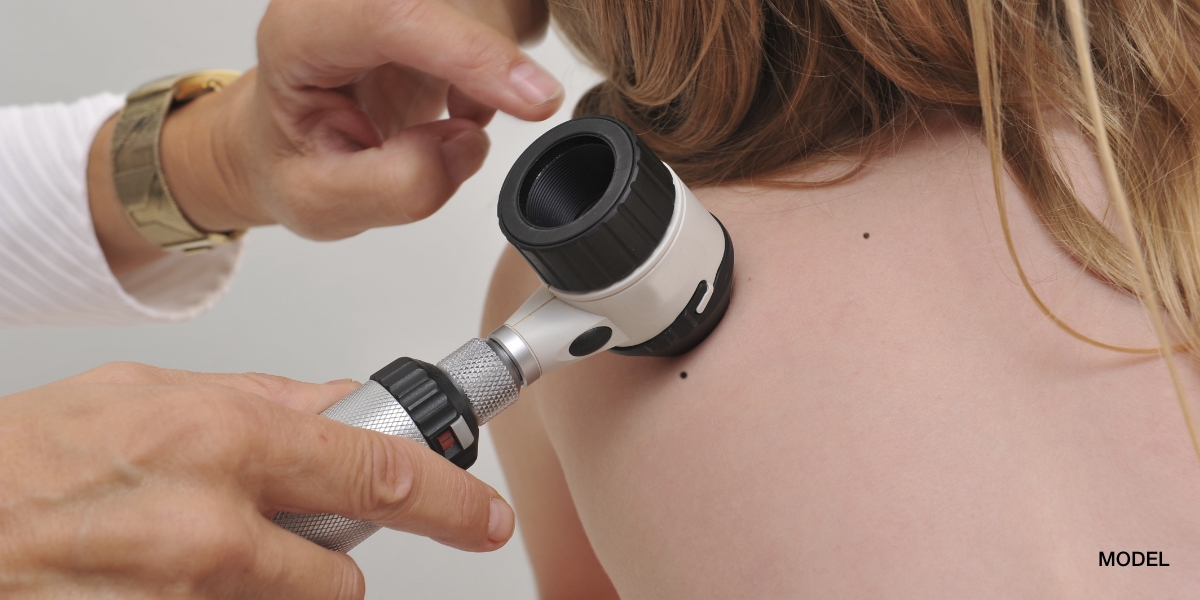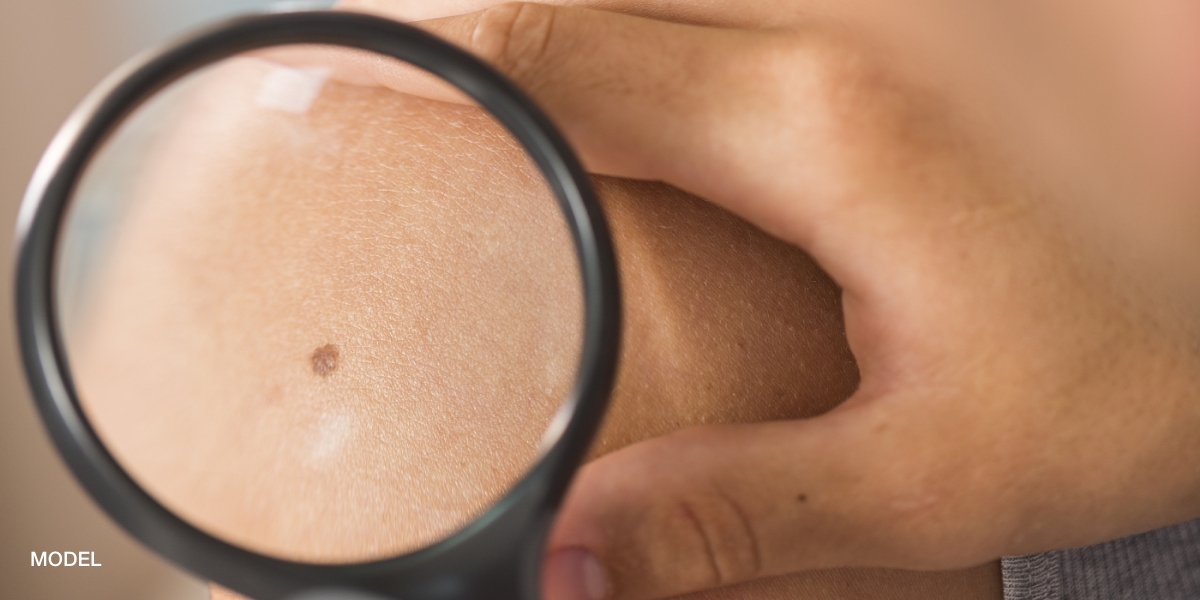
Let’s be honest – even though you may already know that warts are harmless in most cases, you still don’t want to go around with one on your body. Even in places that aren’t usually visible, warts can cause you to feel self-conscious, uncomfortable, and just like there is something wrong. When patients ask how to treat a skin wart, we feel it’s helpful to first explain a little bit about them.
What Are Skin Warts?
Skin warts are small, self-limited tumors caused by HPV (human papillomavirus) infection. Because there are over 100 different varieties of HPV, skin warts can come in many different shapes, sizes, and colors. Though some types of HPV can infect the genital and oral mucosa, causing large and sometimes cancerous masses, most types are responsible for common skin warts that are not associated with cancer. Common skin warts are generally classified as one of five types:
- Dome Shaped: as the name suggests, these warts appear as dome shaped masses and are typically found on the backs of toes, fingers, and knees.
- Plantar: found on the sole of the foot, these are generally flat compared to other wart types but can feel deep and be quite painful.
- Flat (Plane): these often present in large numbers as small discolored bumps on the face and legs, though they can also appear on other parts of the body.
- Periungual: periungual warts appear as raised masses around and even under the finger and toe nails.
- Filiform: this type has a long single stalk and often appears on the face.
Though common skin warts are harmless, they are considered to be contagious and can spread to other parts of your body through scratching and agitation.
Treatment of Skin Warts
Common skin warts can sometimes go away on their own without treatment, disappearing within 18 months, while others inexplicably remain. A number of treatments exist for the various types of warts, including both prescription and non-prescription salicylic acid preparations, and freezing methods. The problem with home treatments is, with all of the different strains of HPV, not all of them respond to the same types of treatment. In some cases, even similar warts on the same person in the same area can respond differently to the same treatment.
If you’re embarrassed by skin warts, the best thing to do is schedule an appointment with Dr. Perri. Through his expertise and experience, he can more accurately diagnose the type of wart and prescribe an effective treatment plan. As a dermatologist, Dr. Perri also has access to other treatments that can often remove warts quickly and safely.
Want to know how to treat a skin wart? Dr. Anthony J. Perri can help. Call today for your appointment.




